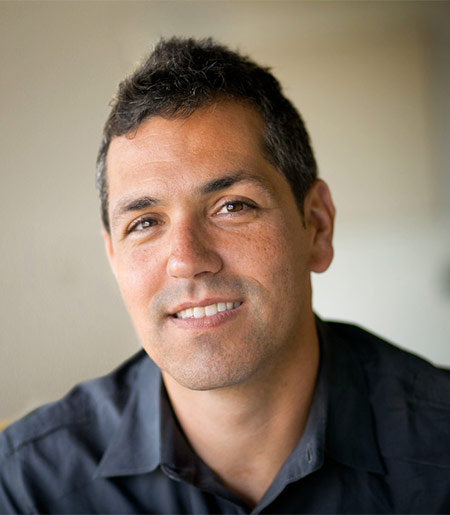
Neural basis of performance evaluation in singing birds
Description
Motor performance is not evaluated against a fixed target but against personal benchmarks that change with learning. Evaluating your tennis forehand relative to your past forehands is more useful than comparing it to your target of swinging like Federer. Zebra finches learn to sing by imitating a tutor song, suggesting they have a ‘target’ they aspire to learn. Yet song syllables are not simply evaluated against a fixed target. Instead, recent recordings suggest that syllables are evaluated against syllable-specific performance benchmarks updated during recent practice. Specifically, ventral tegmental area (VTA) dopamine neurons exhibited phasic suppressions following distorted auditory feedback (DAF) during singing, consistent with a worse-than-predicted outcome. They also exhibited phasic bursts at the precise time-step of a syllable when a predicted distortion did not occur. Burst magnitude depended on distortion history, consistent with an error signal scaled by the predicted syllable quality. Upstream circuits that compute this error signal are unknown. Here we combine lesions, electrophysiology, distorted auditory feedback (DAF), and viral tract tracing, to identify the ventral basal ganglia (vBG) as a major hub for error processing. Juvenile birds with excitotoxic lesion to vBG failed to imitate tutor song compared to sham-lesioned siblings. Distinct subtypes of antidromically identified vBGvta neurons encode auditory error and predicted syllable quality. Other vBG cell types encode precise song timing, gross movement, and singing state. Using viral tracing we identified novel projections to vBG from: (1) the HVC-projecting part of the motor thalamus (Uva), a source of precise song timing information; (2) the VTA-projecting part of auditory cortex (AIV), a source of fast auditory error information; and (3) the Area X projecting part of VTA (VTAx), a source of modulatory prediction error. We present a simple model in which vBG microcircuits integrate these three inputs to compute a syllable-specific performance benchmark, dependent on error history, against which auditory feedback is compared during singing. Because the vBG-VTA projection is conserved among vertebrates, vBG routing of performance-related signals to VTA in singing birds may provide a logic for ventral/dorsal parcellation of BG circuitry that could generalize to mammalian and even human skill learning.
Speaker Bio
After graduating from Haverford College, Jesse enrolled in the MD/PhD program at Columbia University. There, he received his PhD in neuroscience for work on microcircuits of the cerebral cortex. After his PhD, he returned to the clinic and became fascinated by basal ganglia diseases such as Parkinson's, Huntington's and dystonia. He was originally intending on doing a residency in neurology, but was diverted when he learned that songbirds have a basal ganglia circuit that plays a role in song learning. He joined Michale Fee's lab at MIT to train in songbird neurophysiology. As a new Assistant Professor in the Department of Neurobiology and Behavior at Cornell, he is building a neurophysiology lab to study basal ganglia function in freely moving animals, including songbirds, engaged in experimentally controlled trial and error learning.

